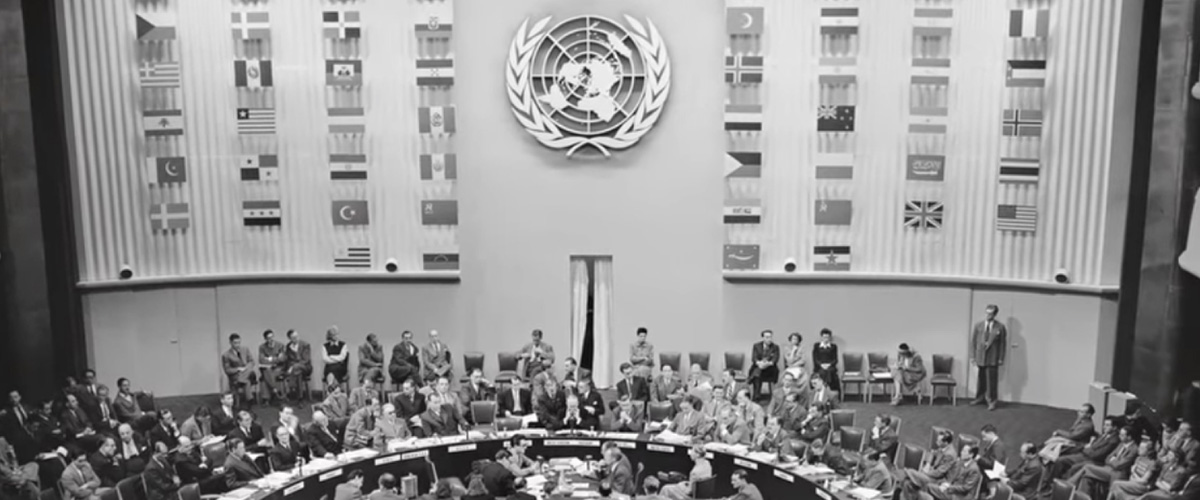Universal Declaration of
The atrocities, violence and devastation of two world wars made many realize the importance of ensuring that people’s dignity, human rights and freedoms are always respected and protected.
The United Nations was established in 1945 based on an international consensus that the tragic history of war should not be repeated and that respect for people’s dignity must underlie humanity’s efforts to build enduring peace.
In 1948, representatives of the 58 Member States of the United Nations came together to define the fundamental rights and freedoms that should be enjoyed by all people. This became the Universal Declaration of Human Rights, which sets out the ideals and standards that all states and peoples should strive toward.
The Universal Declaration of Human Rights has served as the basis for numerous international agreements, including those that outlaw genocide, protect the rights of refugees and seek to eliminate all forms of discrimination. Its principles have been incorporated into the constitutions and national laws of many countries.

Universal Declaration of Human Rights (1948)
*Simplified version by Compasito
Universal Declaration of Human Rights (1948)
*Simplified version by Compasito

You are born free and equal in rights to every other human being. You have the ability to think and to tell right from wrong. You should treat others with friendship.

You have all these human rights no matter what your race, skin, color, sex, language, religion, opinions, family background, social or economic status, birth or nationality.

You have the right to live, to be free and to feel safe.

Nobody has the right to treat you as a slave, and you should not make anyone your slave.

Nobody has the right to torture, harm or humiliate you.

You have a right to be accepted everywhere as a person according to law.

You have a right to be protected and treated equally by the law without discrimination of any kind.

If your legal rights are violated, you have the right to fair and capable judges to uphold your rights.

Nobody has the right to arrest you, put you in prison or to force you out of your country without good reasons.

If you are accused of a crime, you have the right to a fair and public hearing.

You should be considered innocent until it can be proved in a fair trial that you are guilty. You cannot be punished for doing something that was not considered a crime at the time you did it.

You have the right to be protected if someone tries to harm your good name or enter your house, open your mail or bother you or your family without good reason.

You have the right to come and go as you wish within your country. You have the right to leave your country to go to another one, and you should be able to return to your country if you want.

If someone threatens to hurt you, you have the right to go to another country and ask for protection as a refugee. You lose this right if you have committed a serious crime.

You have the right to belong to a country and have a nationality. No-one can take away your nationality without a good reason. You have a right to change your nationality if you wish.

When you are legally old enough, you have the right to marry and have a family without any limitations based on your race, country or religion. Both partners have the same rights when they are married and also when they are separated. Nobody should force you to marry. The family is the basic unit of society, and the government should protect it.

You have the right to own property. Nobody has the right to take it from you without a good reason.

You have the right to your own thoughts and to believe in any religion. You are free to practice your religion or beliefs and also to change them.

You have the right to hold and express your own opinions. You should be able to share your opinions with others, including people from other countries, through any ways.

You have the right to meet peacefully with other people. No-one can force you to belong to a group.

You have the right to participate in your government, either by holding an office or by electing someone to represent you. You and everyone has the rights to serve your country. Governments should be elected regularly by fair and secret voting.

The society you live in should provide you with social security and the rights necessary for your dignity and development.

You have the right to work, to choose your work and to work in good conditions. People who do the same work should get the same pay. You should be able to earn a salary that allows you to live and support your family. All people who work have the right to join in unions to defend their interests.

You have the right to rest and free time. Your workday should not be too long, and you should be able to take regular paid holidays.

You have the right to the things you and your family need to have a healthy and comfortable life, including food, clothing, housing, medical care and other social services. You have a right to help if you are out of work or unable to work. Mothers and children should receive special care and help.

You have the right to go to school. Primary schooling should be free and required. You should be able to learn a profession or continue your studies as far as you can. At school, you should be able to develop all your talents and learn to respect others, whatever their race, religion or nationality.

You have the right to participate in the traditions and learning of your community, to enjoy the arts and to benefit from scientific progress. If you are an artist, writer or scientist, your work should be protected and you should be able to benefit from it.

You have a right to the kind of world where you and all people can enjoy these rights and freedoms.

Your personality can only fully develop within your community, and you have responsibilities to that community. The law should guarantee human rights. It should allow everyone to respect others and to be respected. These rights and freedoms should support the purposes and principles of the United Nations.

No person, group or government anywhere in the world should do anything to destroy these rights.










